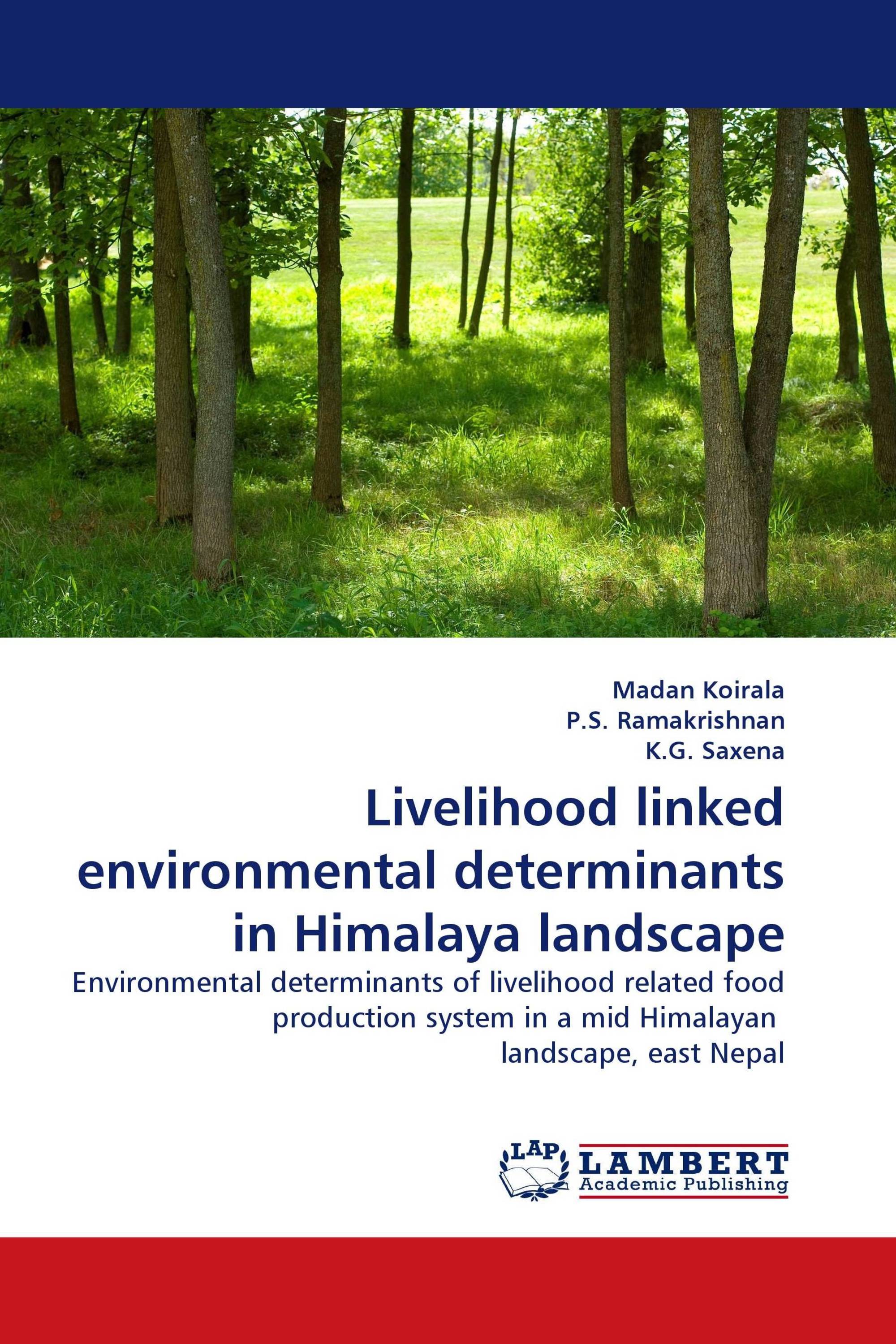Livelihood linked environmental determinants in Himalaya landscape
Environmental determinants of livelihood related food production system in a mid Himalayan landscape, east Nepal
LAP Lambert Academic Publishing ( 2011-01-11 )
€ 59,00
Eco(logical /nomic) efficiencies of agroecosystem, wildlife role, and impact of tourism in an interface of food production system and livelihood were viewed in a mid-Himalayan landscape of east Nepal. 20 tree species in forest, maize and potato mix cropping in agroecosystem. Manual labour and farmyard manure energy input source. Natural resource poor area higher energy efficiency ratio compared to resource rich area. 10 earthworm species from 4 families 8 endemic and 2 exotics reported. Local food production sufficient to support about 60% of the households at satisfactory level. Total 97 bird species observed 20 Common and 3 Occasional. Grain and insect-eaters are in majority. Forest have high mammalian diversity, serve habitat corridor for 3 more nature reserves. Cultivation areas lying across the corridor lose 25% of the produce through depredation. Site is of ecotourism importance. Communicable indicators, e.g, decrease in epiphyte density in forests, and shift to cash crops in agroecosystems show declining carrying capacity. Campsite and water availability can support the tourist flow, however, food production is insufficient.
Book Details: |
|
|
ISBN-13: |
978-3-8433-8296-0 |
|
ISBN-10: |
3843382964 |
|
EAN: |
9783843382960 |
|
Book language: |
English |
|
By (author) : |
Madan Koirala |
|
Number of pages: |
156 |
|
Published on: |
2011-01-11 |
|
Category: |
Ecology |




